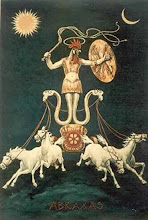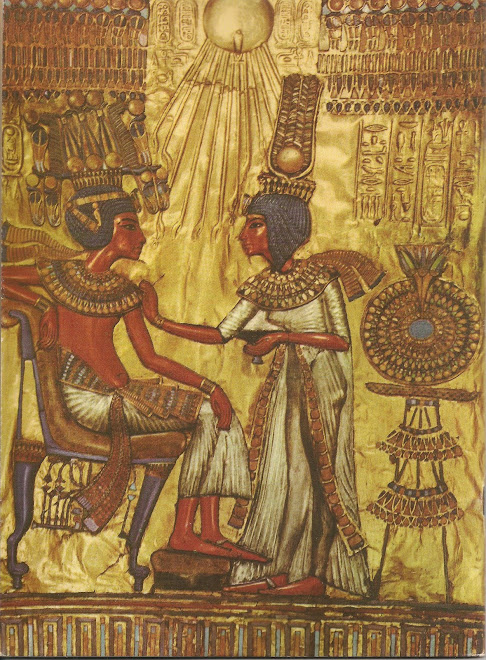Info On The Postmodern Condition: A Report on Knowledge:
The Postmodern Condition: A Report on Knowledge (French: La condition postmoderne: rapport sur le savoir) is a 1979 book by Jean-François Lyotard that analyzes the epistemology of postmodern culture as the end of 'grand narratives' or metanarratives, which Lyotard considers a quintessential feature of modernity. Short but influential, the book was originally written as a report to the Conseil des universités du Québec.[1][2] The book introduced the term 'postmodernism', which was previously only used by art critics, in philosophy with the following quotation: "Simplifying to the extreme, I define postmodern as incredulity towards metanarratives".[3][4]
Among the metanarratives are reductionism and teleological notions of human history such as those of the Enlightenment and Marxism. These have become untenable, according to Lyotard, by technological progress in the areas of communication, mass media and computer science. Techniques such as artificial intelligence and machine translation show a shift to linguistic and symbolic production as central elements of the postindustrial economy and the related postmodern culture, which had risen at the end of the 1950s after the reconstruction of western Europe. The result is a plurality of language-games (a term coined by Ludwig Wittgenstein[5]), without any overarching structure. Modern science thus destroys its own metanarrative.
Lyotard professes a preference for this plurality of small narratives that compete with each other, replacing the totalitarianism of grand narratives. For this reason, The Postmodern Condition has been criticized as an excuse for unbounded relativism. However, Lyotard suggests that there is an objective truth, but because of the limited amount of knowledge that humans can understand, humans will never know this objective truth. In other words, there is no certainty of ideas, only better or worse ways to interpret things.
The Postmodern Condition was written as a report on the influence of technology on the notion of knowledge in exact sciences, commissioned by the Québec government. Lyotard later admitted that he had a 'less than limited' knowledge of the science he was to write about, and to compensate for this knowledge, he 'made stories up' and referred to a number of books that he hadn't actually read. In retrospect, he called it 'a parody' and 'simply the worst of all my books'.[4] Despite this, and much to Lyotard's regret, it came to be seen as his most important piece of writing.[citation needed]
Extract Source: http://en.wikipedia.org/wiki/The_Postmodern_Condition
More Info: http://en.wikipedia.org/wiki/Jean-Fran%C3%A7ois_Lyotard - http://www.amazon.com/Postmodern-Condition-Knowledge-History-Literature/dp/0816611734
Edition: http://www.gradiva.pt/index.php?q=C/BOOKSSHOW/117
 |
| Jean-François Lyotard, photo by Bracha L. Ettinger, 1995 |

+001.jpg)
+001.jpg)
+001.jpg)
.jpg)
.jpg)









+001.jpg)
+001.jpg)

+001.jpg)










+001.jpg)
+001.jpg)






+001.jpg)
+001.jpg)
+001.jpg)

.jpg)



Sem comentários:
Enviar um comentário
Nota: só um membro deste blogue pode publicar um comentário.